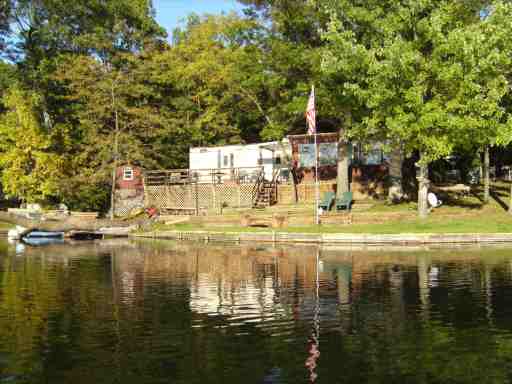Danmar
Thinks s/he gets paid by the post
It's such a personal choice. Bought our first "vacation" home in 1997. It's a lakehouse (called cottage) in Ontario about a 2 hour drive from Toronto. Used it as a weekend getaway place while working. Got a lot of enjoyment out of it. Still do. Family, friends on weekends. Boating, etc. I retired in 2006 and bought another "vacation" property in Canmore Alberta. This became our principle residence. Took up skiing and biking. Winters were long though so bought another place in Arizona. This made 4 places.
Obviously, not something most people would do, but we enjoy it. Need to hire professional property managers and this can be expensive. Still travel a fair bit to international destinations but warm weather trips to the beach not necessary with the Arizona house.
Rent instead of owning? Depends on your personality. Do you want to be in control of do you want to be flexible? I like my clothes in the closet, my car in the garage, my furniture, etc when I arrive. But I can certainly see the other side of the issue. Usually a lot cheaper to rent.
These are lifestyle rather than financial decisions. No regrets.
Obviously, not something most people would do, but we enjoy it. Need to hire professional property managers and this can be expensive. Still travel a fair bit to international destinations but warm weather trips to the beach not necessary with the Arizona house.
Rent instead of owning? Depends on your personality. Do you want to be in control of do you want to be flexible? I like my clothes in the closet, my car in the garage, my furniture, etc when I arrive. But I can certainly see the other side of the issue. Usually a lot cheaper to rent.
These are lifestyle rather than financial decisions. No regrets.
Last edited:

 I have more that I want to do with my retirement time. Obviously others feel differently about having a second home.
I have more that I want to do with my retirement time. Obviously others feel differently about having a second home.

